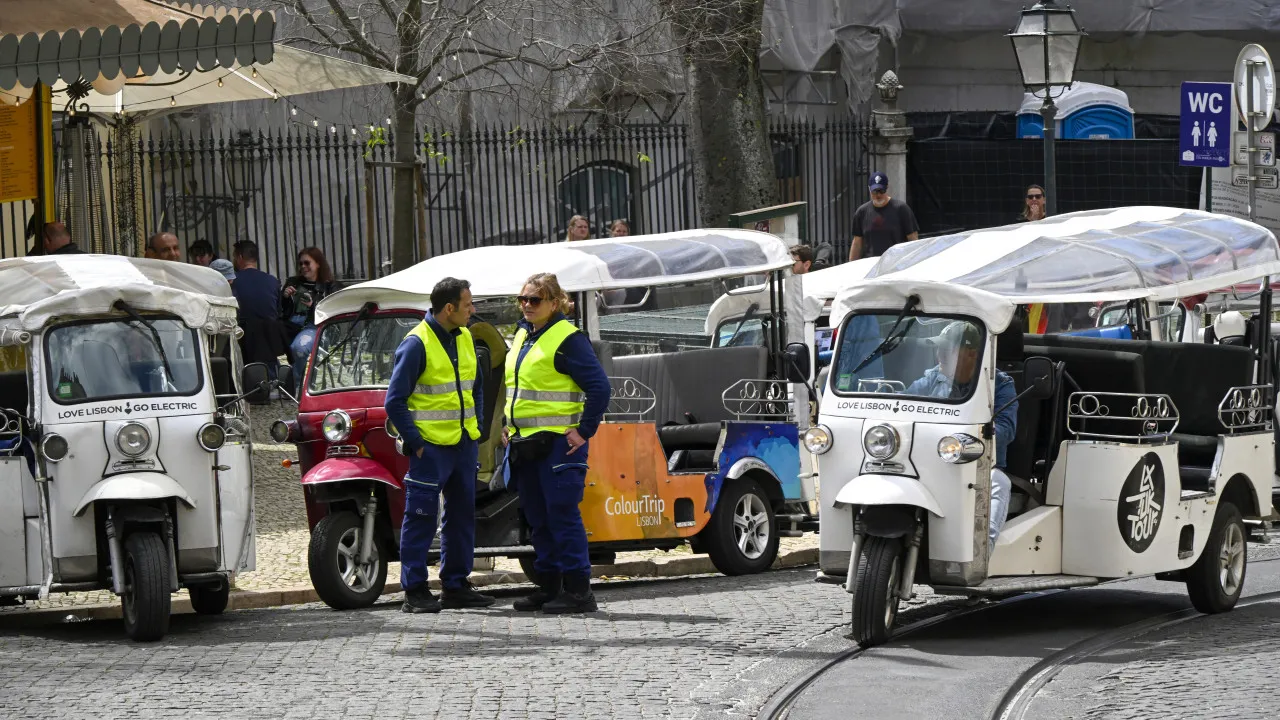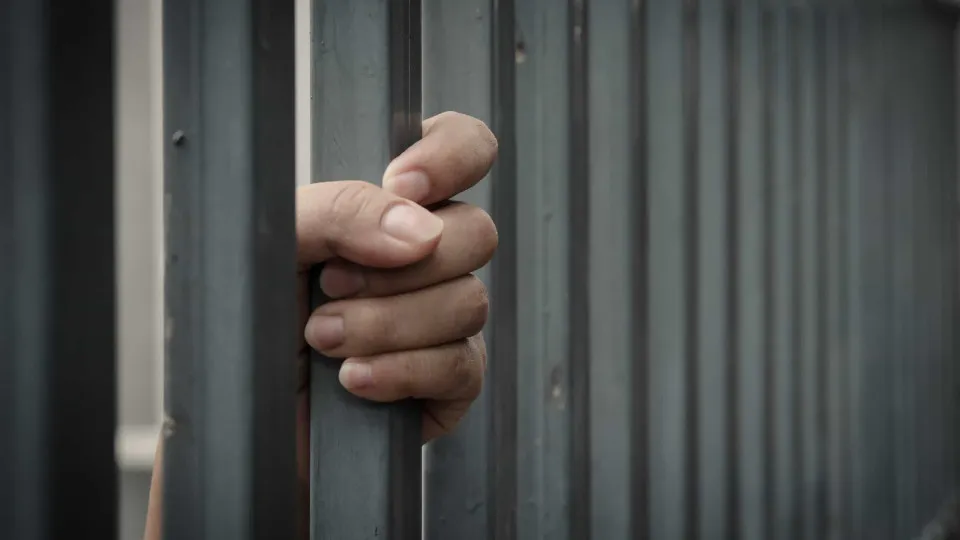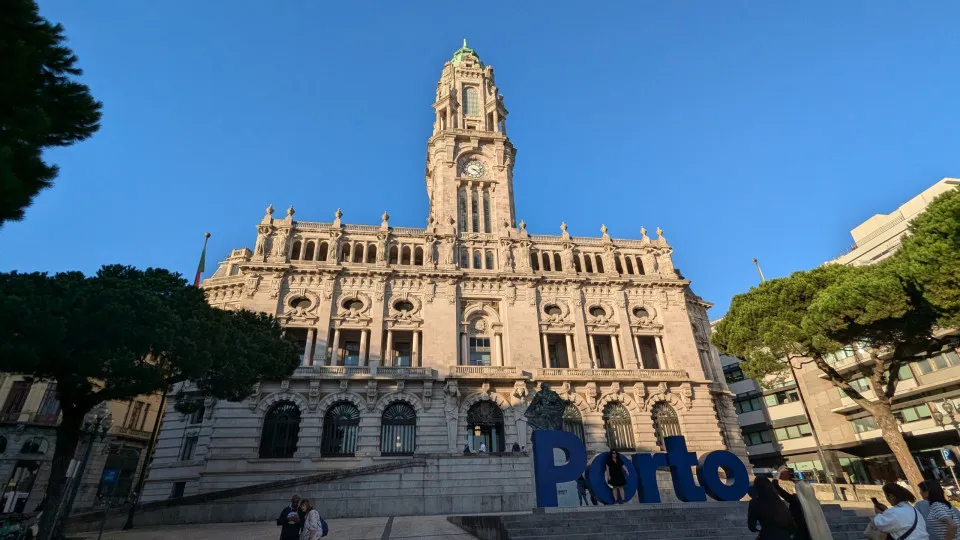Without providing specific figures, Carlos Silva stated that fines have “increased significantly,” not only concerning tuk-tuks but also logistical vehicles and private cars parking in the approximately 250 spaces designated for tourist entertainment vehicles.
“Currently, around 60 inspectors are dedicated solely to tuk-tuks. Additionally, we have approximately 250 inspectors on the streets daily,” said Carlos Silva during a hearing at the Lisbon Municipal Assembly, noting that the company, with a “high turnover,” employs between 280 and 300 inspectors in total.
Silva indicated that since these 60 represent nearly a quarter of the company’s total inspectors, EMEL is also making additional efforts through “other mechanisms, namely overtime.”
“Of these approximately 60 allocated, 30 perform this service on motorcycles” to allow for “quicker inspections in different areas,” he added.
According to Carlos Silva, EMEL has hired “30 more inspectors, who will also support these efforts.” This group is undergoing training to start service at the beginning of June.
The Lisbon City Council granted EMEL the authority to enforce the Highway Code and levy fines on tuk-tuks since April of this year, coinciding with the implementation of various restrictions on the circulation of these tourist vehicles in the capital.
Tuk-tuk movement is prohibited across 337 streets in seven parishes, including Avenidas Novas, Arroios, Penha de França, São Vicente, Santo António, Misericórdia, and Santa Maria Maior.
Carlos Silva also highlighted the “significant non-compliance by logistical vehicles and even private cars occupying tuk-tuk spaces.”
“Logistics in Lisbon also need reconsideration. It cannot continue as it is currently,” he stated.
Regarding the new enforcement responsibilities, Carlos Silva emphasized that EMEL “does neither more nor less” than it already did as a traffic enforcement company, noting, “we do not stop vehicles, administer breathalyzer tests, or check for seatbelts,” as these are police duties.
He further noted that there has been “a collaborative effort” between EMEL and the municipal police, particularly in areas that are more challenging to manage.





